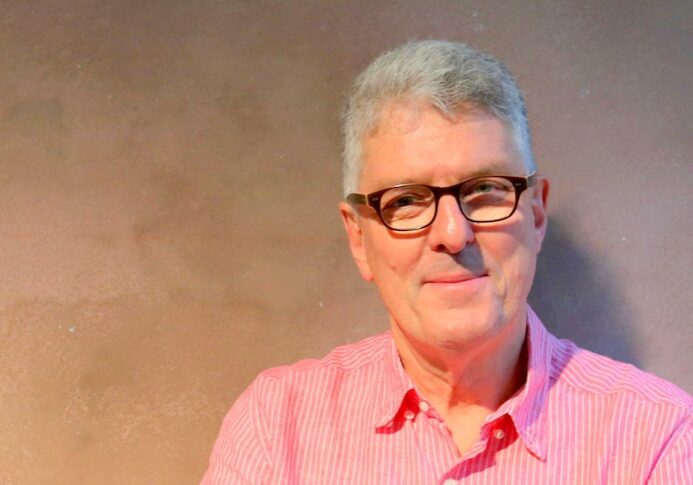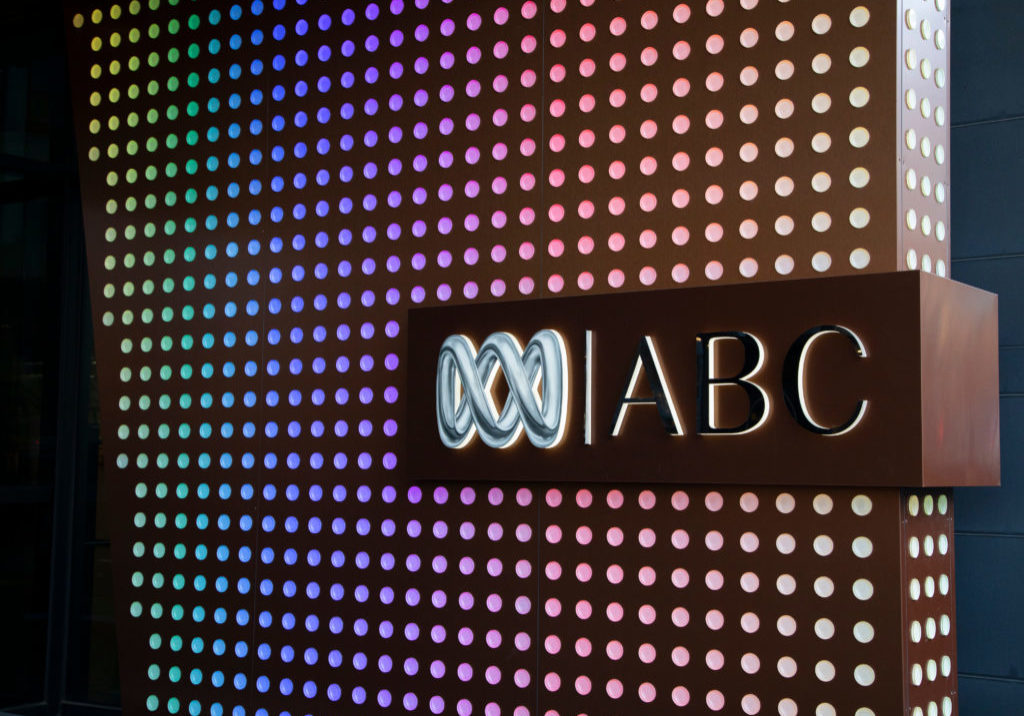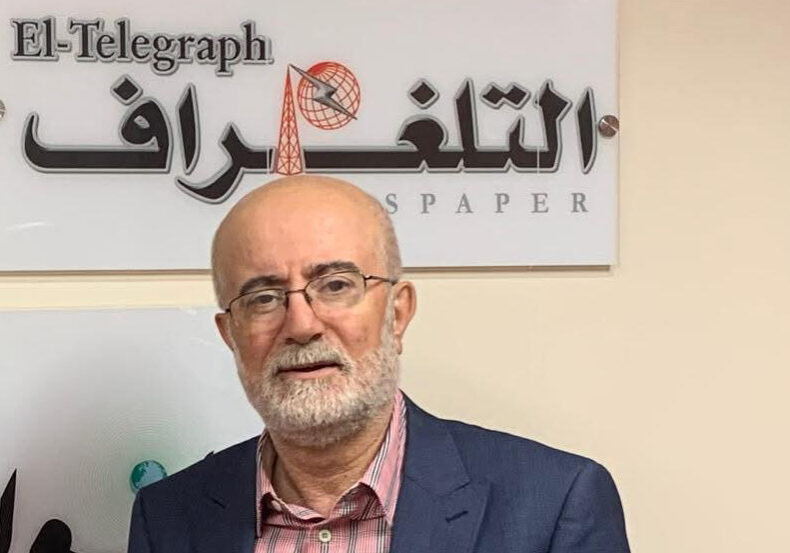Australia/Israel Review
Media Microscope: Even Fiskier than Usual
Jun 1, 2006 | Jamie Hyams
Jamie Hyams
Even Fiskier than Usual
Robert Fisk is widely respected among journalists as an authority on the Middle East, even though his writing often makes him more an extreme anti-West polemicist than a journalist. Of course, on occasion, some of his colleagues do concede his shortcomings with objectivity. For example, Fairfax correspondent Paul McGeough, like Fisk, is clearly against the war in Iraq. Yet, when he was asked on ABC Radio’s “AM” program in the early days of the war about claims by Fisk that he had seen vast masses of Iraqi tanks and armoured vehicles prepared to defend Baghdad, he replied, “Well, Robert gets a bit windy from time to time, Mark. I was on the same bus as him and we saw some tanks, you wouldn’t say that we saw an army of tanks.”
 |
| Zarqawi: Fake yet real, says Fisk |
Such incidents seem to have done little to dent Fisk’s popularity. However, perhaps his interview with an increasingly incredulous Tony Jones on the ABC television program “Lateline” on April 26 about the al-Zarqawi video may have some effect, especially as it has been circulated internationally.
Having accepted that the video proved that Zarqawi does actually exist, rather than being a Western construct, Fisk said, “What we do need to know, of course, is whether he has actually any real status over and above being a name al-Zarqawi…The issue really is, I think, is this a person who is seriously an enemy of the ‘West’ or is this just another person who is popping up on our screens to say this is the latest mad lunatic, the latest fanatic, the latest terrorist whom we have to be concerned about? That is the real issue, you see. Over and over again we’ve had this system whereby we’ve had Ayatollah Khomeini and Gaddafi in Libya. We’ve had… people whom we are encouraged to loathe, encouraged to hate and who, ultimately, are just figureheads… People who, at the end of the day, are not per se people who we need to worry about, people who, indeed…”
At this stage, Jones interrupted him and, overlooking Fisk’s bizarre description of dictators such as Gaddafi and Khomeini as “figureheads”, said, “I’m surprised to hear you say some of these things because isn’t it he himself who put these images on the Internet, including make a beast of himself by earlier putting on the Internet images of him with a mask on beheading Nicholas Berg, for example?”
Fisk then performed a massive flip-flop, saying, “Well, no. I mean, we don’t know that that was Zarqawi. If indeed it was, then he is obviously the monstrous figure we make him out to be. You know, the issue is, are we in fact creating these creatures for ourselves to hate or are they creating themselves?…Are these people being put before us as caricatures, if you like, to hate or are they people who are there to be hated by us in order to make the, you know, them and us, evil/good caricatures, which George W. Bush has laid out before us?”
Jones said, “Well, here’s the problem. I mean, Osama bin Laden is clearly a man who…” Fisk interrupted, asking, “Yes, it is a problem for you, isn’t it?” Jones confirmed, “It certainly is a problem for me. Osama bin Laden is a problem for me and, I imagine, the rest of the world.” Fisk then flip-flopped again, saying, “And for me, too, by the way. Yes, he’s a problem for all of us.”
Jones pointed out that Zarqawi was now allied with bin Laden, and said, “These figures are creating themselves. We’re not creating them.” Fisk replied, “No, that’s absolutely correct and they want to create themselves and we help them create themselves. We help them do that…Every time we hold a press conference of the occupation powers, for example, in Iraq and say, ‘Mr al-Zarqawi is to blame’, we help to do this. This is what we are doing and this is a big problem because we are helping to create the creatures of ‘evil’”. Jones then asked an eminently sensible and obvious question: “Robert Fisk, you wouldn’t like us to ignore them, would you? We’re journalists, we have to acknowledge their existence and dreadful things they have done. We can’t just ignore the fact that they exist.”
Fisk, realising what he had been saying, did another 180 degree turn with some conviction, admitting, “No. Absolutely not. You’re right.” Jones continued, “So, what do you conclude from that and in fact what do you conclude from whether this man has any influence within the insurgency?” Fisk concluded that they were, in fact, bad guys, but were only so popular in the Middle East because Westerners “are not being fair in the Middle East”.
Perhaps journalists will now think twice before giving Fisk the respect he doesn’t deserve. But probably not.
![]()
Tags: Media/ Academia






